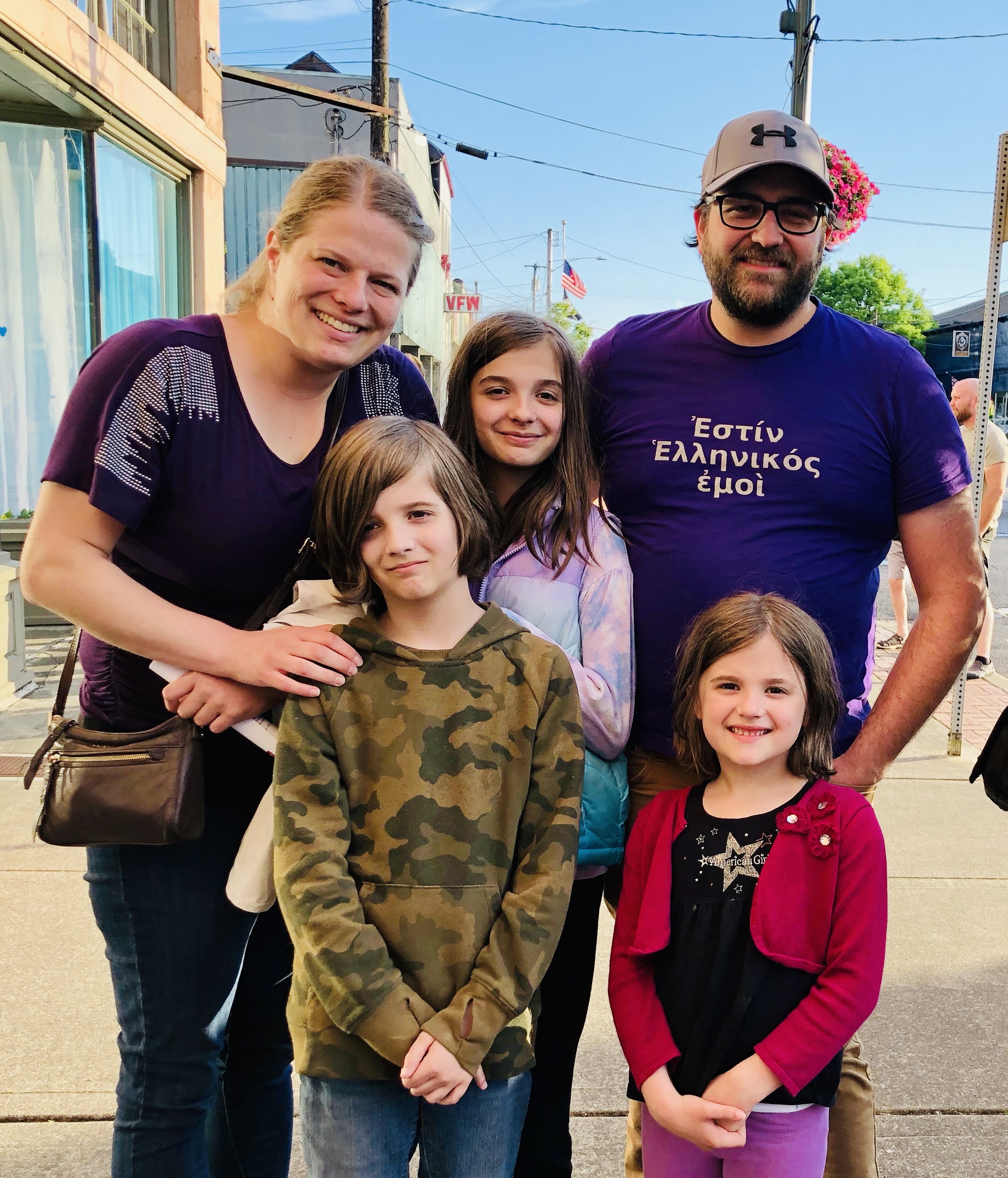
Project Manager at Tideworks Technology

UW MAJORS: CLASSICS, 2014
Tell us a bit about your job (e.g. what kinds of things you’re working on, what types of problems you solve day to day, etc.)?
I’m working at Tideworks Technology as the Product Manager of Spinnaker Planning Management System(R), a software application used for planning containerized cargo at marine and rail terminals all around the world. My current role has me extending beyond my immediate product space into the world of business process automation, optimization engines, machine learning algorithms and predictions, and AI to bring more advanced and powerful products and features to our customers and the industry at large. Every day brings new, never-before-seen challenges requiring self-learning and novel solutions. I also work with people living all over world, from various backgrounds, and with myriad cultural norms and traditions.
How do you think your humanities education has influenced/advanced your career path?
Classics and, by extension, the humanities have completely shaped my life trajectory, and specifically my professional experience. When I chose to study the Classics, I knew that likely no one would be hunting me down to recruit me. I knew I would need to work hard to pursue a career but I also knew that Classics would provide me a foundation to stand out if I could just get the opportunity. When I graduated from the UW in the summer of 2014, I worked two jobs simultaneously, managing facilities for four floors of an office building in Bellevue 20-40 hours per week and tutoring middle and high school kids for 20-30 hours per week in the evenings in order to provide for my young family. It was hard work, but I applied the patience and perseverance learned in the careful study of reading Greek or Latin to keep going. I helped middle and high school kids make connections and find joy in what they were studying. I also analyzed problems and identified unique, creative solutions to daily facilities problems. I caught the attention of both employers and both asked me to take on increasing responsibilities. Eventually, I was offered the procurement manager role (something I had never done), allowing me to earn enough to only work one job. From there I applied those same skills I learned in the humanities in my career progression to ask questions, to apply outside knowledge, to look at problems in new ways and from different angles in order to create solutions. I’d say that often the biggest differentiator between me and my peers is my acquired ability to sit with the unknown and the unanswerable. I acquired this through the reading and analyzing of ancient texts where the author is long gone and one can only speculate at the author’s intent and motives.
Want to read more? Check out the profiles on the Humanities Alumni Careers page for more information on what our humanities majors are up to.